
May 23 , 2021
By Christian Tesfaye
There is often a response of surprise to growing social polarisation. People on both sides of the aisle, especially the elites, ask: how come the other side acts irrationally? Why can they not see what is clear to us?
The simple answer is that people usually act in the most rational way from their perspective. No doubt, the record of the average person putting themselves in the shoes of others is questionable. But it is mostly the case that we all make decisions and take actions based on the best information we can get. It is unfortunate that my choices are not to the immediate benefit of everyone but I know that they are good for me. Can I be blamed for acting on them?
An economist, at least one in the classical sense, would say that I should not be blamed for them. A selfish but rational decision is not only to my benefit, but it is also an advantage to society on the grand scale of it all. This is the underlying assumption behind free markets. When everyone in a regulated market maximises their own selfish utility, they create competition and incentives to produce goods and services that leave everyone else wealthier and more comfortable.
Of course, even classical economists mainly believed that some sort of regulation was necessary to regulate markets. They knew that, sometimes, a rational economic decision for an individual is not necessarily the best outcome for society.
Here in Ethiopia, we are living this dilemma in real-time. On the one hand is the value of the Birr, which is depreciating by the week against a basket of major currencies. A dollar currently costs around 43 Br, and about 54 Br on the black market, compared to 23 Br in 2017.
This is bad news to consumers and savers, especially the latter. Anyone that has money in the bank, and keeps that money in cash, is becoming poorer. The economically rational thing for this person to do would be to ditch the cash and convert it into a different currency, buy gold or any other asset, or consume it in some way instead of having some of the wealth disappear into thin air.
There is an excellent reason for an individual to do this going forward. If we look at the trend over the past three years, there has been a continuous upward progression, much higher than has occurred over the previous decades. The International Monetary Fund (IMF), whose 2.9 billion dollar programme Ethiopia is undergoing, says that the currency has yet to reach the market-clearing rate and government subsidies are still too high. This means inflation will not be going anywhere anytime soon. It would make much sense for a saver to ditch any wealth held in cash.
But what is rational for the individual would be devastating for society in this case. Inflation is sometimes a self-fulfilling prophecy. The more people believe that the value of the Birr will go down, and the more they expect the prices of goods and services to increase, the more inflation accelerates. It will be bad for society, except for the few that ditch their cash early.
Most people are not economists thus, this would not be the decision they will come to right away.
But if inflation does not abate, getting rid of savings will not only become the economically rational thing to do but also the only one. For this not to happen, a government that is, rightly, concerned that the economy is over-subsidised and the currency over-valued should put budget discipline at the centre of its economic policymaking.
PUBLISHED ON
May 23,2021 [ VOL
22 , NO
1099]


Radar | Jul 11,2021
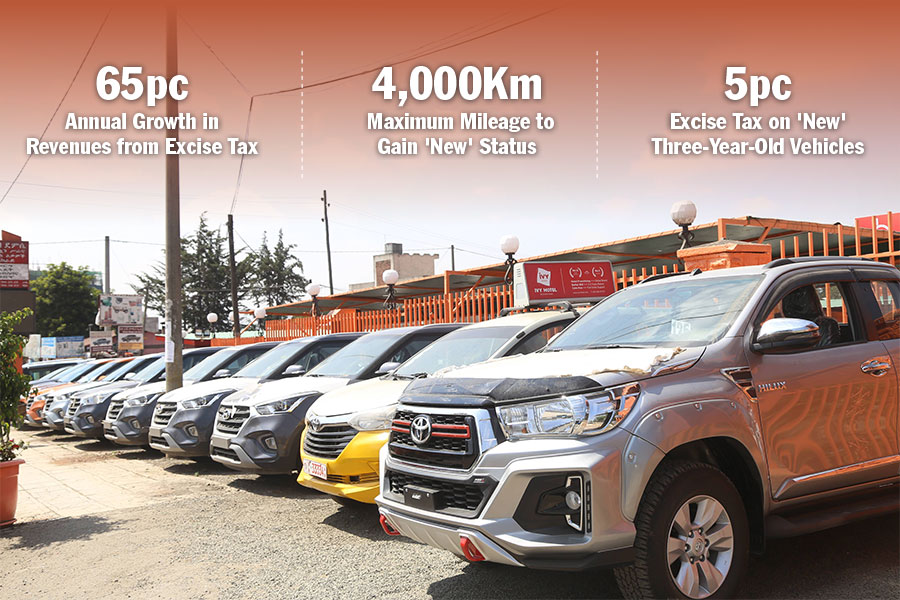
Fortune News | Jul 24,2021

Commentaries | Jul 25,2020

Fortune News | Dec 19,2021
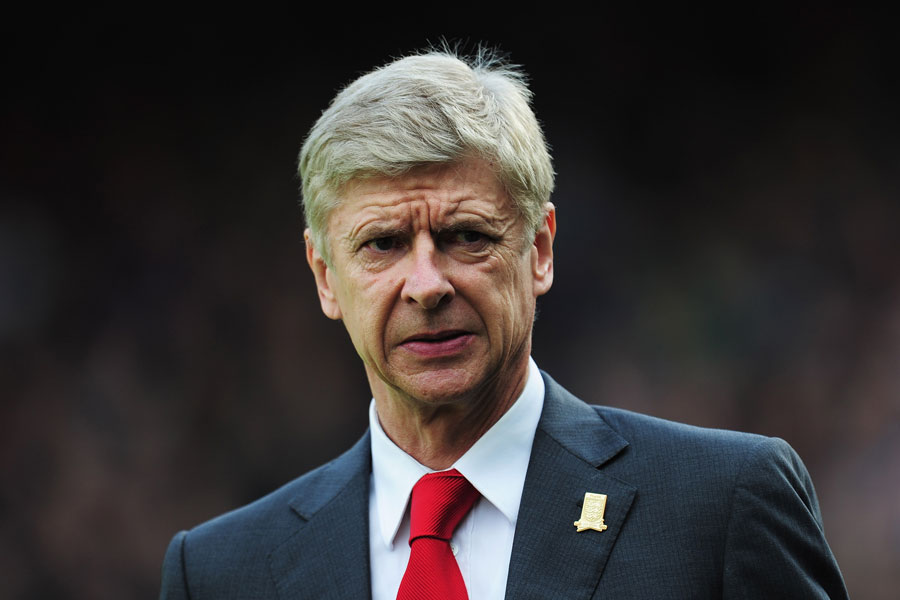
Commentaries | Nov 13,2021

Radar | May 14,2022

Fortune News | May 23,2021
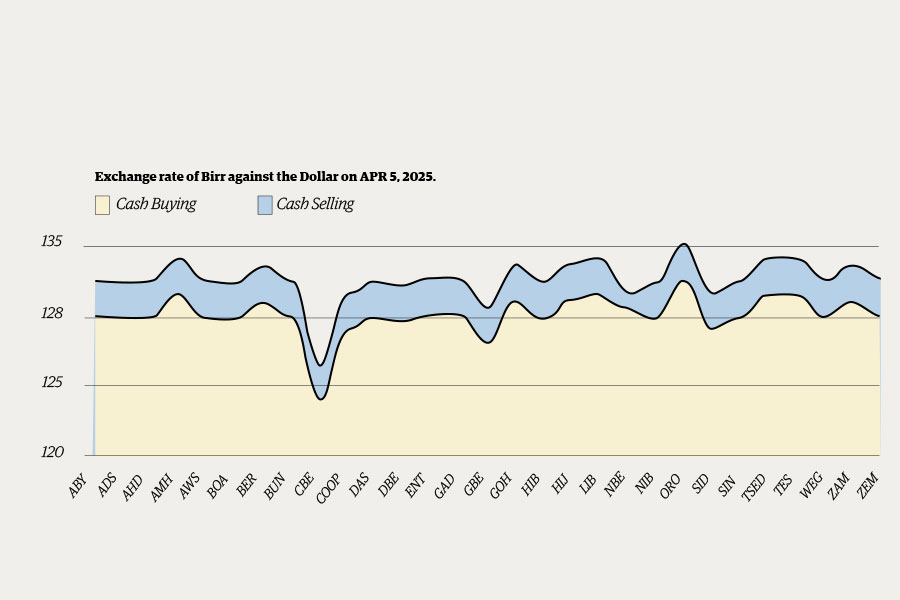
Money Market Watch | Apr 27,2025
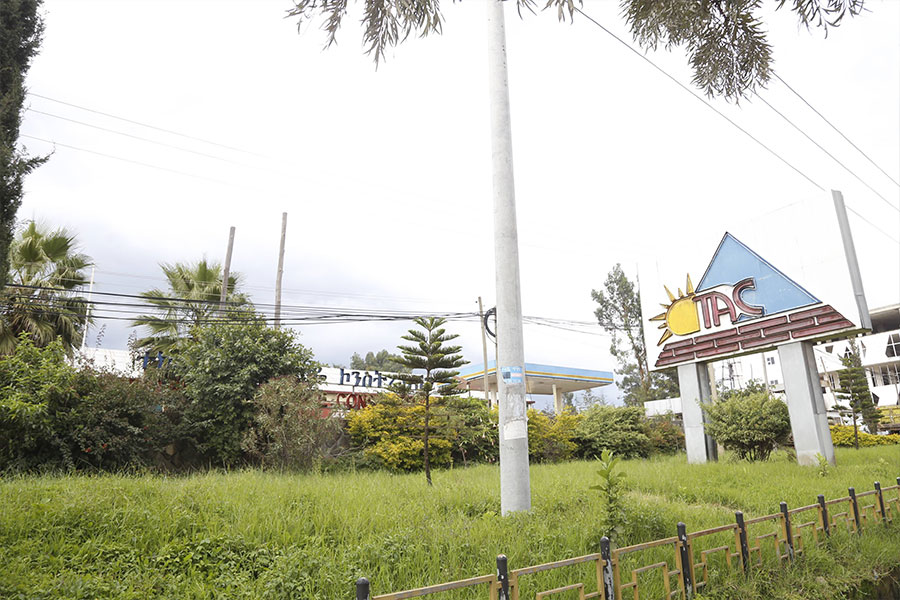
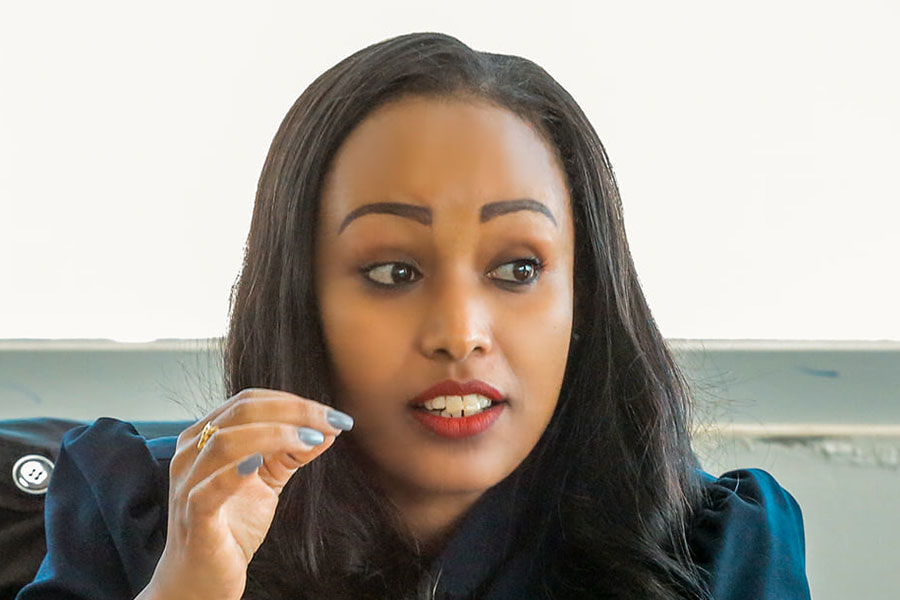
Verbatim | Jun 15,2024

My Opinion | 132151 Views | Aug 14,2021

My Opinion | 128561 Views | Aug 21,2021

My Opinion | 126482 Views | Sep 10,2021

My Opinion | 124091 Views | Aug 07,2021





Dec 22 , 2024 . By TIZITA SHEWAFERAW
Charged with transforming colossal state-owned enterprises into modern and competitiv...

Aug 18 , 2024 . By AKSAH ITALO
Although predictable Yonas Zerihun's job in the ride-hailing service is not immune to...

Jul 28 , 2024 . By TIZITA SHEWAFERAW
Unhabitual, perhaps too many, Samuel Gebreyohannes, 38, used to occasionally enjoy a couple of beers at breakfast. However, he recently swit...

Jul 13 , 2024 . By AKSAH ITALO
Investors who rely on tractors, trucks, and field vehicles for commuting, transporting commodities, and f...

Jul 12 , 2025
Political leaders and their policy advisors often promise great leaps forward, yet th...

Jul 5 , 2025
Six years ago, Ethiopia was the darling of international liberal commentators. A year...

Jun 28 , 2025
Meseret Damtie, the assertive auditor general, has never been shy about naming names...

Jun 21 , 2025
A well-worn adage says, “Budget is not destiny, but it is direction.” Examining t...

Jul 13 , 2025 . By YITBAREK GETACHEW
The Addis Abeba City Revenue Bureau has introduced a new directive set to reshape how...

Jul 13 , 2025 . By BEZAWIT HULUAGER
Addis Abeba has approved a record 350 billion Br budget for the 2025/26 fiscal year,...

Jul 13 , 2025 . By RUTH BERHANU
The Addis Abeba Revenue Bureau has scrapped a value-added tax (VAT) on unprocessed ve...

Jul 13 , 2025 . By NAHOM AYELE
Federal lawmakers have finally brought closure to a protracted and contentious tax de...